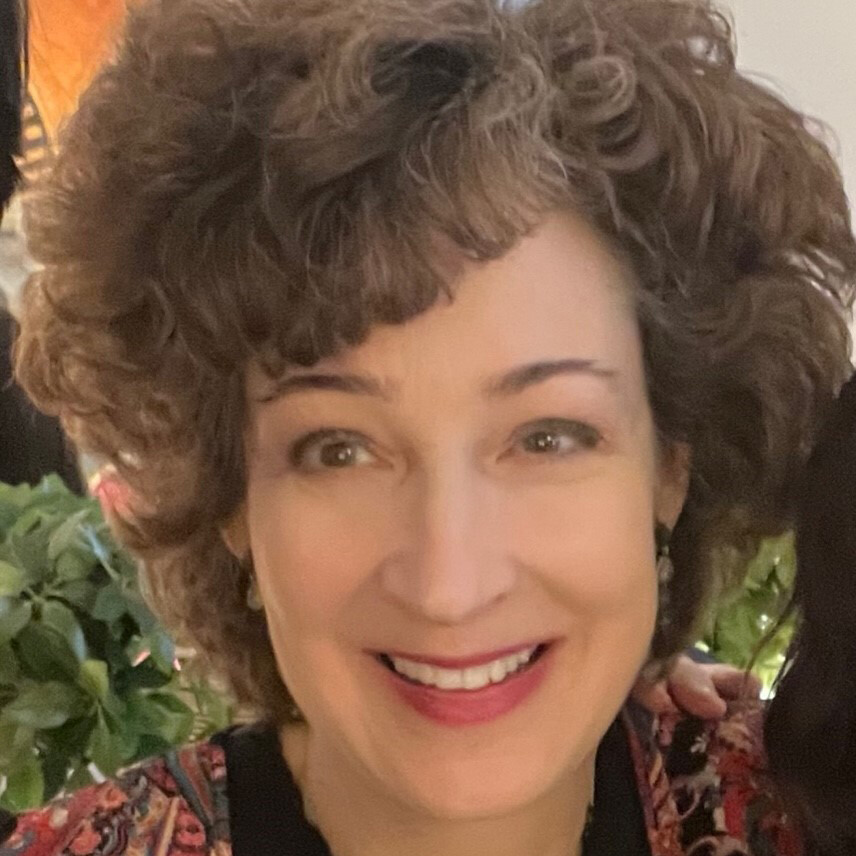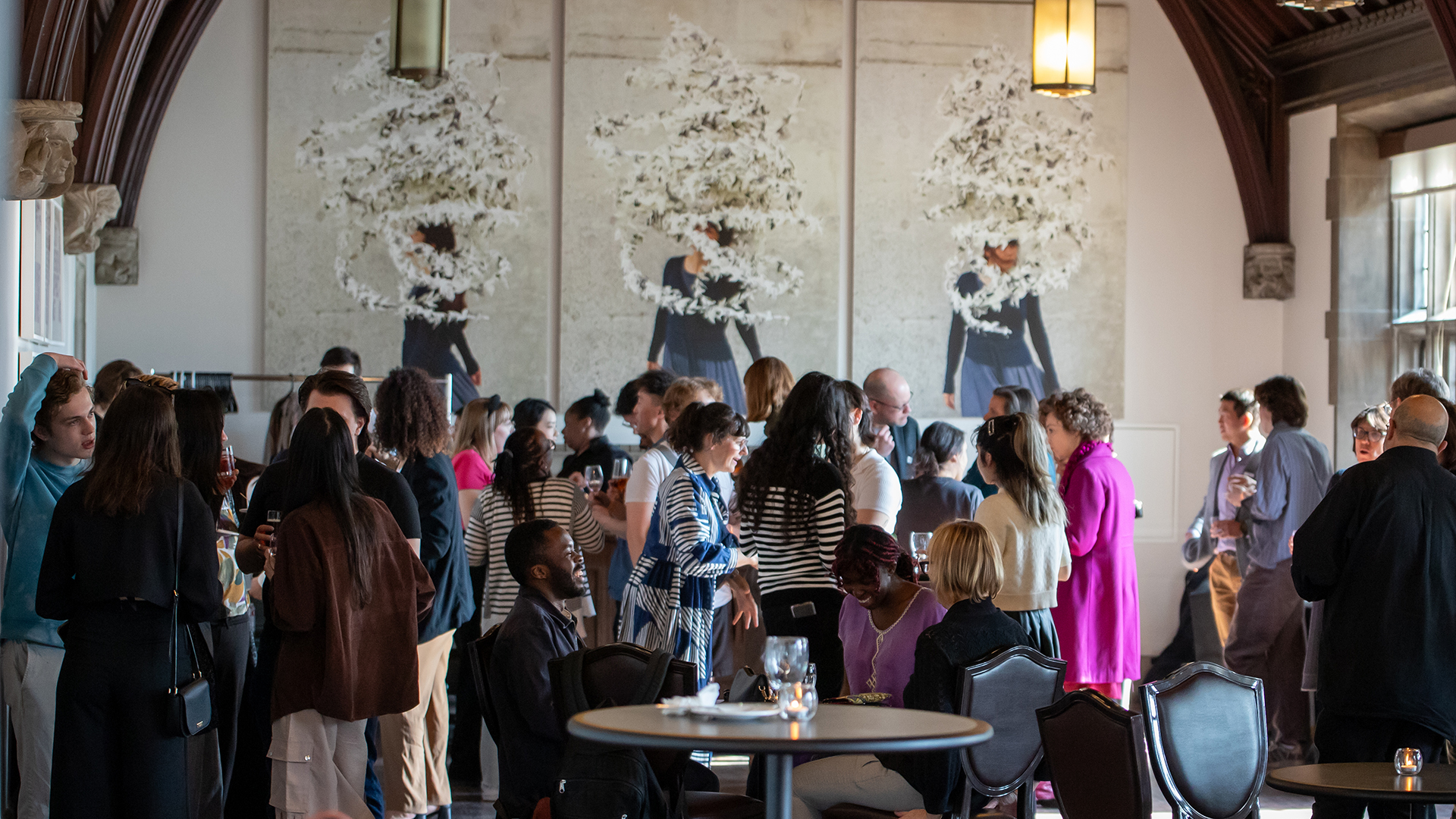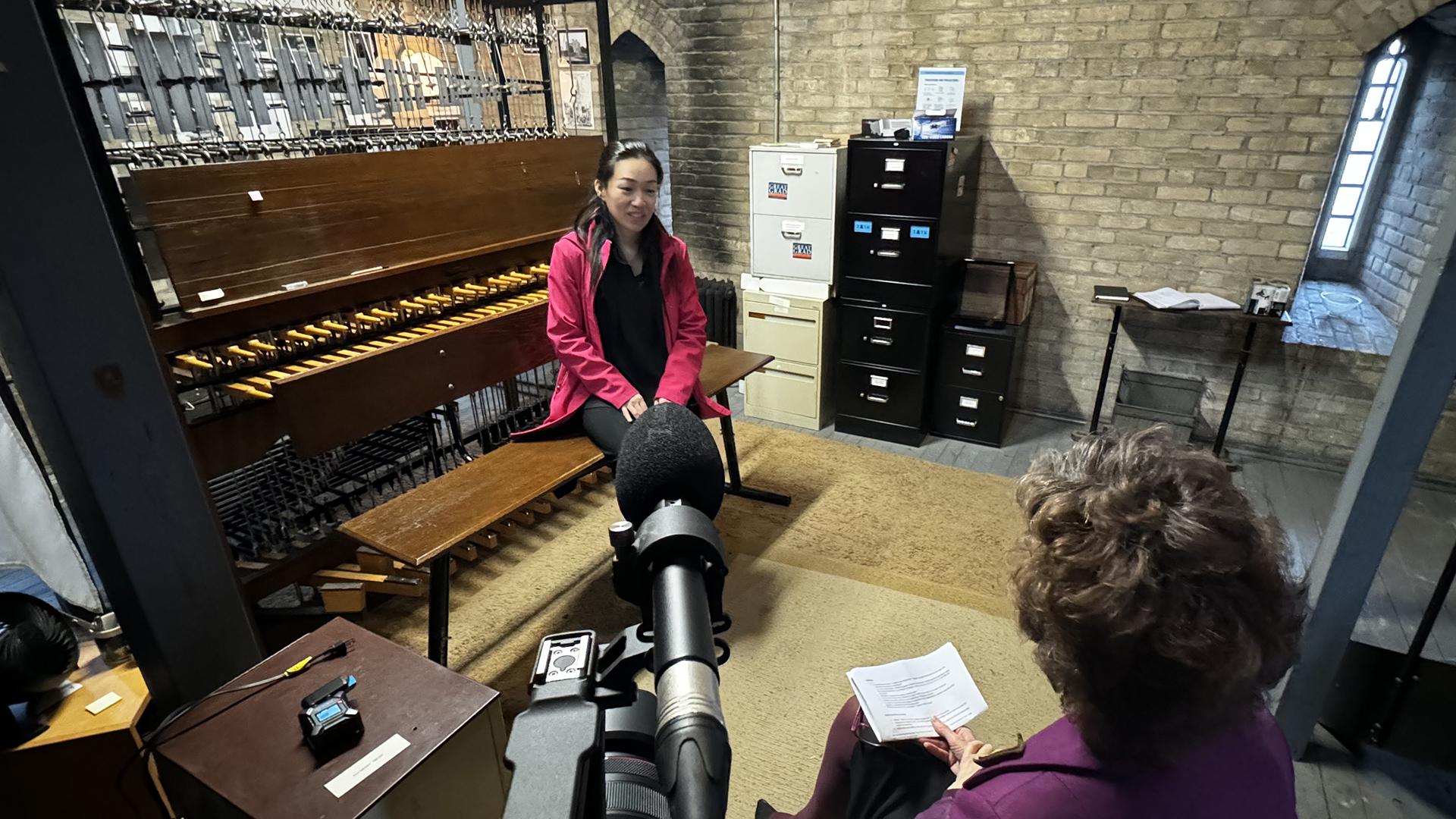One donor’s vision sparks creativity at Hart House; the Paul Paton Music Fund provides life-changing opportunities for University of Toronto students. Paul sat down to discuss the impact the House had on his formative years and the impetus for this first-of-its-kind Fund.
Music is integral to the Hart House experience: seven Hart House Clubs are devoted to it, multiple pianos are available for student use, and concerts are a storied part of the House’s history. Three years ago, U of T alumnus Paul Paton (TRIN 88, LAW 92), Professor of Law and Ethics and Former Dean of Law at the University of Alberta (U of A), bolstered this tradition by creating the first musical endowment fund of its kind at Hart House. The Paul Paton Music Fund was established to support the practice and performance of music at the House.

The impact of this donation is profound. Money generated from the initial endowment gift means funding for music programming at Hart House in perpetuity. It allows musical groups to think bigger and more creatively; to be more ambitious with repertoire choices; and to continue ensuring that classical music resonates through the halls.
The ripple effect of this funding is tangible. In its first year, Paul provided a supplementary gift that supported paid soloists for the Hart House 100th Anniversary Hart House Singers’ Concert performance of the Verdi Requiem in November 2019. During the pandemic, the Fund supported the purchase of PPE for our musical group leaders, which was nothing short of essential to permitting our groups to connect again in person.
This Fund is a prime illustration of a donor helping to fulfill the Mission of Hart House by giving students the opportunity to enhance—or even transform—their lives through music. It is also a stellar example of how Hart House alumni are "paying it forward" in honour of the transformative experience they had at Hart House as students.
Initially Drawn to Hart House via Music
A good friend and former piano duo partner introduced Paul to the House in 1985 when he transferred to U of T.

"I remember first walking into Hart House hearing piano music reverberating through the halls. I thought: This is a place for me. Little did I know how essential a part of my U of T experience it would become.”
“I would regularly check out the key at the front desk [for piano use] and wander upstairs to the Music Room to practise on a Steinway. I’d read in the Map Room. Have a meal. Go for a swim. Soon I joined Clubs and Committees, which allowed me to meet people from all over campus and all over the world. The Colleges are important homes for students on this massive campus, but Hart House is a place that brings everybody—undergrads, grads, staff and faculty—together.”
Discovery Outside the Classroom: “Hart House does this like no one else”
Paul, who was 1988 Moss Scholar and later served as an alumni representative on the Board of Stewards, speaks about living the Hart House Mission in terms of co-curricular exploration outside the classroom and students’ all-encompassing experience—body, mind and spirit.

"Hart House does this like nowhere else. Long before I became a champion for mental health and wellness for law students and the legal profession, Hart House had well-being at the centre of its purpose.”
He emphasizes the House’s ability to nurture the whole person. “At Hart House, you could go for a swim, run the track, listen to or take part in debates, visit the chapel, look at art and enjoy music. It's about forming the entire student, the entire person, and having an opportunity in a place where even simply taking part is valued and respected. Hart House offered that to me, a place to thrive.”
Leadership at Hart House
Hart House has long been an incubator for future leaders across Canada and the world. For over a century, debating has attracted many students who went on to become leaders in law, politics, history, academia and journalism. Hart House Clubs and Committees have nurtured future leaders in the arts, education and medicine. Building on and crediting Hart House for providing leadership training essential to his own formation, Paul has gone on to serve in a variety of academic, professional and community settings—as a law Dean, Interim CEO, university Vice Provost, and in senior positions in law and government.
“Hart House affords students the chance to step up into leadership roles, to mentor others and to bring people together in a safe and supportive environment. I was able to take on leadership roles very early. With the student-run governance and the Committee structure, there was a platform for leadership learning like no other.” Two years ago, he introduced a first-of-its-kind course on Leadership for Lawyers in Canadian law schools at U of A. “People expect lawyers to be leaders. But often there is no training in how to become one. I hoped to help fill that gap.”

As a student, Paul was elected to the Hart House Debates Committee and served as inaugural President of the (then-)newly constituted Hart House Debating Club. He and well-known, New-York-based journalist Diane Brady (VIC 88) represented the House at tournaments in Canada and the United States, winning the Canadian National Championships as a team and moving on to Worlds at the University of Sydney.
Less well known, Paul served on the Hart House Music Committee and as an accompanist for the Hart House Summer Chorus, which reinforced for him the idea that anyone from any discipline could engage in music at the House.
“So many students have music as part of their background before coming to university and don’t want to let it go completely. Others have always wanted to start but didn’t have a safe place to try it. At the time there were few opportunities elsewhere on campus, unless you were studying music full time. Hart House Music offered the chance to stay or become engaged, and to find community.”
An Inspirational Legacy
Having recently reached a number of significant milestones—a 50th birthday, completion of his five-year term as Dean of Law at the University of Alberta and appointment as Queen’s Counsel—Paul wanted to recognize Hart House for the key role it had played in his formative years. In addition to exploring legacy giving, he learned that while debating, capital projects and other activities had donor support, there was no dedicated fund to support music. “The gift was intended to create an endowment that would generate income every year that could be used for music programming, with a preference for classical repertoire.”

Whether this funding is used to support a concert or specialized masks for choirs during the pandemic, I want it to be used. It could be for hiring soloists or buying scores that a chorus might not otherwise have access to. It could give students an opportunity to engage in a major work that they wouldn't have the chance to otherwise ... That's a life memory.”
His gift will have an indelible legacy. It is also, for Paul, a meaningful way to honour his parents for the support they offered him and his siblings. “My mother didn't have the chance to finish high school, as she had to help on the family farm. My father didn't get to go to university. But they made sure we had the opportunity for music lessons, and that music was a fundamental part of our lives. So, in part, this Fund is meant also to honour them.”
He hopes to inspire others. “As a former Dean of a law school, and as a first-generation university and law student who self-financed my way, I can tell you that fundraising for scholarships, bursaries and financial support is critically important. But it’s also vital to support activities that can enrich and enhance the university experience, especially for those who have never had access. Whether it's $50 or $100 or more, for this or other funds, I strongly encourage everyone to find a way to help support Hart House, a way that aligns with their experience.”
Read more about the Music Fund, Hart House Clubs and Hart House Committees





